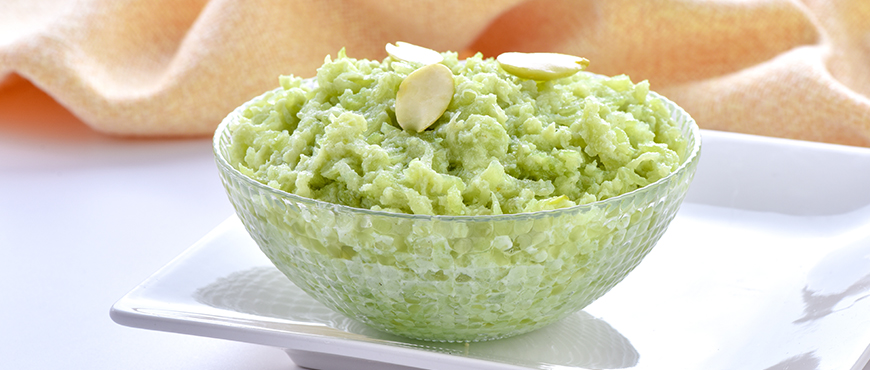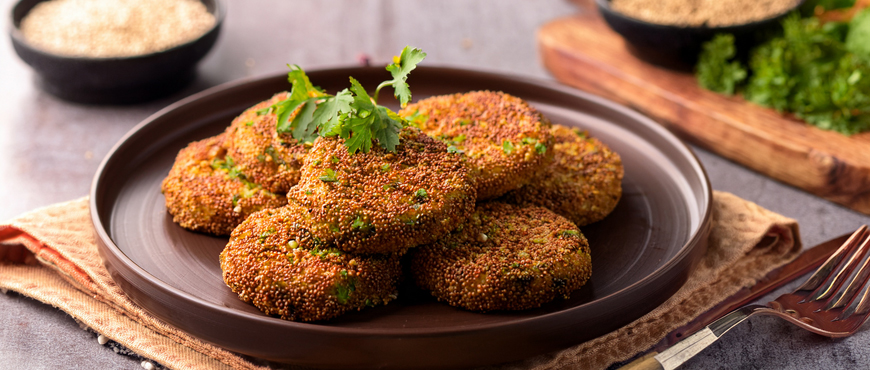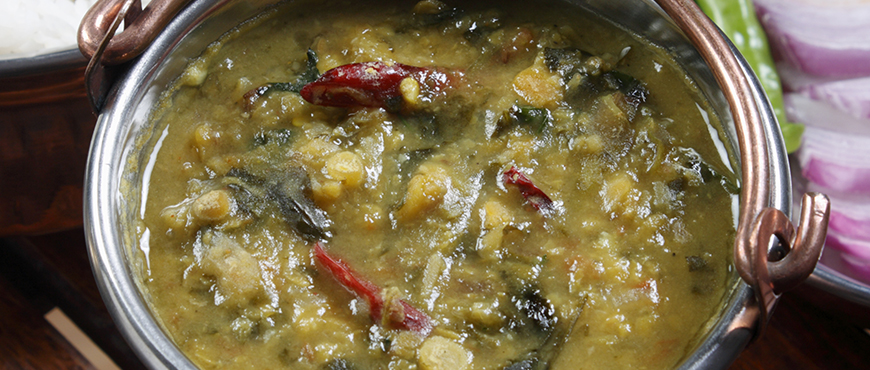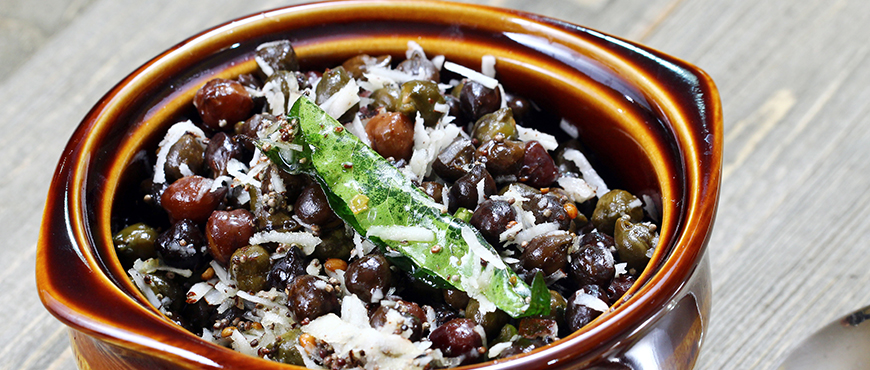Flavors Fit for Lord Krishna: Pure Ingredients for a Sacred Janmashtami Meal
As we prepare to celebrate Janmashtami, the food we offer holds deep spiritual value. This blog explores the importance of purity in Krishna’s bhog and why choosing organic ingredients brings a divine depth to the festive table.
Janmashtami celebrations are more than just a festive gathering. This Indian festival, which marks the birth of Lord Krishna, is celebrated across homes and temples with music, dance, prayers, and food. From breaking the dahi handi to singing bhajans at midnight, every tradition is laced with joy and spiritual meaning.
Historically, Krishna Janmashtami has been a time of both spiritual communion and communal celebration. In many Hindu religious households, the day starts with fasting and ends with a midnight feast that honors the birth of Lord Krishna.
At the center of it all is the Janmashtami Bhog, a sacred platter that speaks through flavors. Carefully selected traditional dishes reflect not only culinary heritage but also the desire to offer only the purest to the divine, and that is where organic ingredients come into play.
Why Purity Matters in Janmashtami Bhog?
In festivals where food is an offering of devotion, purity is of prime importance. The dishes made during Janmashtami are not just to please the palate, but to carry prayers, wishes, and reverence. It is about spiritual blessings, and when it comes to purity, organic ingredients naturally rise to the occasion.
When we choose organic, we reduce exposure to pesticides and synthetic additives. This makes every spoonful of our dishes more natural, nourishing, and most importantly, sattvic. Dishes prepared with organic ingredients also boast the classic flavors of Indian style cooking. So, without chemical infusions or artificial enhancements, these ingredients transform the festive meal from just a plate of savory and sweet to a soulful celebration.
In this blog, we are going to tell you about some of the most delicious dishes that you can prepare for Janmashtami Bhog with the help of pure and organic ingredients.
Lauki Halwa: A Sweet Treat That Speaks of Simplicity

Lauki Halwa is one of those festive sweet treats that always brings a smile. Prepared with grated bottle gourd, slow-cooked in milk, and sweetened with organic jaggery, it’s light, smooth, and comforting. A pinch of cardamom adds that perfect festive aroma. Many people also love adding a few chopped nuts on top, but it tastes just as lovely without them.
Amaranth Tikki: Crunch Meets Consciousness

This one’s for those who love dishes that are crisp on the outside, soft within, and spiced just right. Amaranth Tikki is prepared with amaranth flour, minimal spices, and gentle seasoning of cumin. The result is a vegetarian cuisine gem that satisfies without overwhelming. These tikkis bring a variety of flavors to the Janmashtami feast, while staying true to the essence of purity.
Methi Moong Dal: A Bowl of Balance and Warmth

For the bhog to be sattvic, the meal must have something warm and comforting, and that’s where Methi Moong Dal comes in as a delicacy. Prepared using moong dal, turmeric, and fresh fenugreek leaves, this dish is subtle yet layered. It carries the sweetness of lentils, the earthiness of greens, and the soft whisper of spices. It’s the kind of food that feels like a warm hand over the heart. A popular dish in many homes, it is the perfect dish for an auspicious occasion like Janmashtami.
Kala Chana Sundal: Pure, Protein-Packed Devotion

Simple, satisfying, and soulfully spiced, Kala Chana Sundal is a dish that speaks volumes with minimal ingredients. Made using kala chana, a touch of turmeric, and lightly tempered with cumin, this classic South Indian dish is a staple in many Janmashtami celebrations. It’s filling without being heavy and packs a protein punch that keeps the fast-breaking meal balanced. Its rich flavors come from each of the intensely flavorful and aromatic ingredients. It’s a reminder that when it comes to Krishna’s bhog, less is often more.

